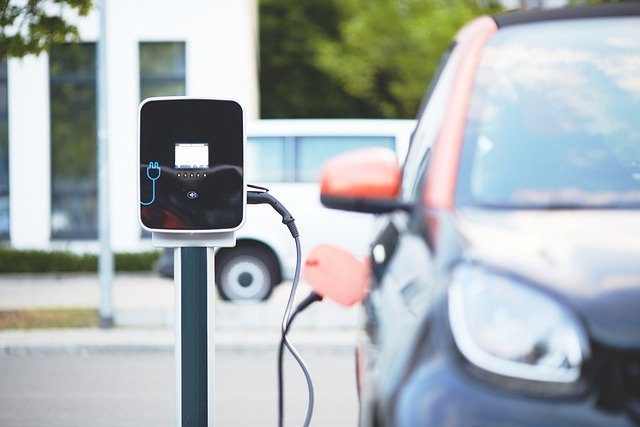Exploring the World of Small Electric Cars
The automotive landscape is rapidly evolving, and small electric cars are at the forefront of this transformation. As urban areas become more congested and environmental concerns grow, these compact, zero-emission vehicles are gaining popularity among eco-conscious consumers and city dwellers alike. This article delves into the world of small electric cars, examining their rise, benefits, and the challenges they face in today's market.

What’s driving the rise of small electric cars?
The rise of small electric cars can be attributed to several factors. Increasing environmental awareness has led many consumers to seek out more sustainable transportation options. Governments worldwide are implementing stricter emissions regulations and offering incentives for electric vehicle adoption. Additionally, advancements in battery technology have made small electric cars more practical and affordable for everyday use.
How do small electric cars benefit urban environments?
Small electric cars are particularly well-suited for urban environments. Their compact size makes them ideal for navigating narrow city streets and fitting into tight parking spaces. With zero tailpipe emissions, these vehicles contribute to improved air quality in densely populated areas. The reduced noise pollution from electric motors also enhances the overall urban living experience, making cities more pleasant and livable.
What are the key advantages of owning a small electric car?
Owning a small electric car comes with several benefits. Lower operating costs are a significant advantage, as electricity is generally cheaper than gasoline. Maintenance costs are also reduced due to fewer moving parts and the absence of oil changes. Many regions offer incentives such as tax credits, rebates, or preferential parking for electric vehicle owners. Additionally, the instant torque provided by electric motors results in responsive acceleration, making small electric cars surprisingly fun to drive.
What challenges do small electric cars face?
Despite their numerous benefits, small electric cars face some challenges. Range anxiety remains a concern for many potential buyers, although advancements in battery technology continue to extend driving distances. The availability of charging infrastructure is another hurdle, particularly for those without access to home charging. The initial purchase price of small electric cars can be higher compared to their gasoline counterparts, though this gap is narrowing as production scales up and technology improves.
How does the United States market view small electric cars?
In the United States, the adoption of small electric cars has been slower compared to some other countries. This is partly due to the American preference for larger vehicles and longer average commute distances. However, as cities become more congested and environmental concerns grow, there’s an increasing interest in compact electric vehicles, especially in urban areas. Many automakers are now introducing small electric models to cater to this emerging market segment.
What are some popular small electric car models available in the US?
Several small electric car models are gaining traction in the United States market. Here’s a comparison of some popular options:
| Model | Range (EPA est.) | Starting Price | Key Features |
|---|---|---|---|
| Chevrolet Bolt EV | 259 miles | $31,995 | Spacious interior, DC fast charging |
| Nissan Leaf | 149-226 miles | $27,800 | ProPILOT Assist, e-Pedal technology |
| Mini Cooper SE | 110 miles | $29,900 | Iconic design, sporty handling |
| Hyundai Kona Electric | 258 miles | $34,000 | Long range, advanced safety features |
| BMW i3 | 153 miles | $44,450 | Premium interior, optional range extender |
Prices, rates, or cost estimates mentioned in this article are based on the latest available information but may change over time. Independent research is advised before making financial decisions.
In conclusion, small electric cars represent a significant shift in personal transportation, offering numerous benefits for urban environments and eco-conscious consumers. While challenges remain, ongoing technological advancements and increasing consumer interest suggest a bright future for these compact, zero-emission vehicles. As the automotive industry continues to evolve, small electric cars are poised to play an increasingly important role in shaping the future of sustainable mobility.




